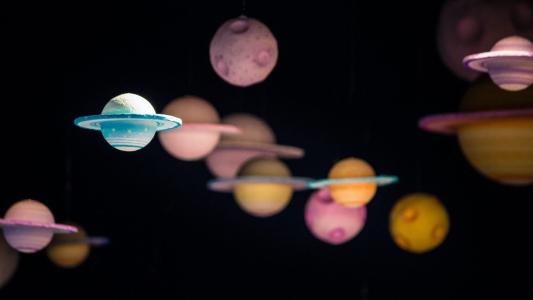Physics
Discovery finds the Earth’s core is constantly changing the length our day
The length of our day changes slightly over a six-year period. This recent discovery has perplexed scientists for about a decade.
What is the largest planet out of all the ones we know?
The "upper limit" to the size of our planets is exceeded in other stellar systems, but double Jupiter's radius seems to be the limit.
How Greek philosopher Democritus predicted the atom in 400 B.C.E.
The idea of atoms goes as far back as the ancient Greek philosopher Democritus in 400 B.C.E., who thought physics left no room for free will.
Einstein’s theory of general relativity passes another test, with implications for dark matter and dark energy
Scientists carried out an ultra-precise test of a core premise of Einstein’s modern theory of gravity. The theory stood up.
The technology we (or aliens) need for long-distance interstellar travel
Interstellar distances are vast, and extremely advanced technology will be required if we (or aliens) want to visit other star systems.
Quantum entanglement wins 2022’s Nobel Prize in physics
Three pioneers — John Clauser, Alain Aspect, and Anton Zeilinger — helped make quantum information systems a bona fide science.
Paradox-free time travel is “logically” possible, say physicists
An undergraduate and his supervisor ran the numbers and found paradox-free time travel to be mathematically consistent.
A neural network discovered Copernicus’ heliocentricity on its own
Scientists trained a neural network to predict the movements of Mars and the Sun, which placed the Sun at the center of our solar system.
1.7 billion years ago, Earth had a natural nuclear reactor
Seventeen natural sites possessing ancient nuclear reactions have now been found: evidence of Earth's first nuclear reactor.
This logarithmic view of the Universe will blow your mind
From here to the limits of what we can see, here's a breathtaking illustrated logarithmic view of the Universe.









